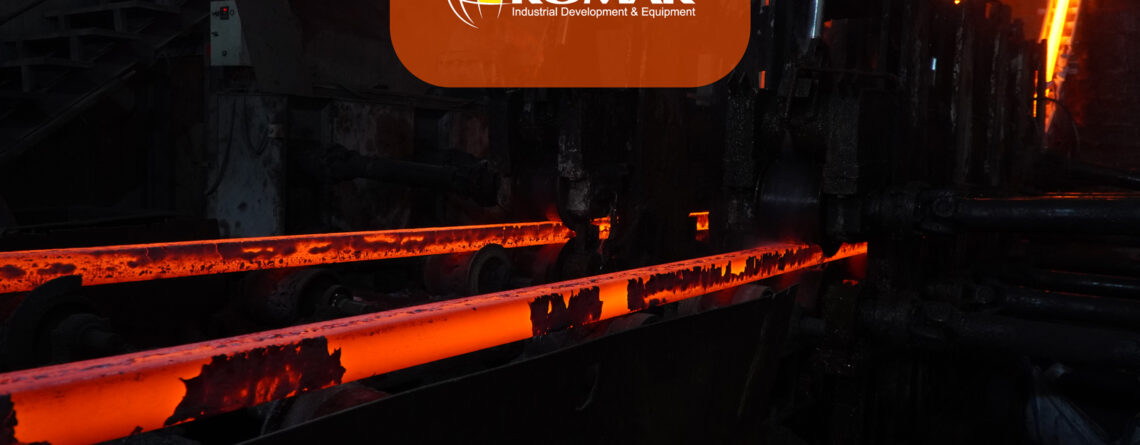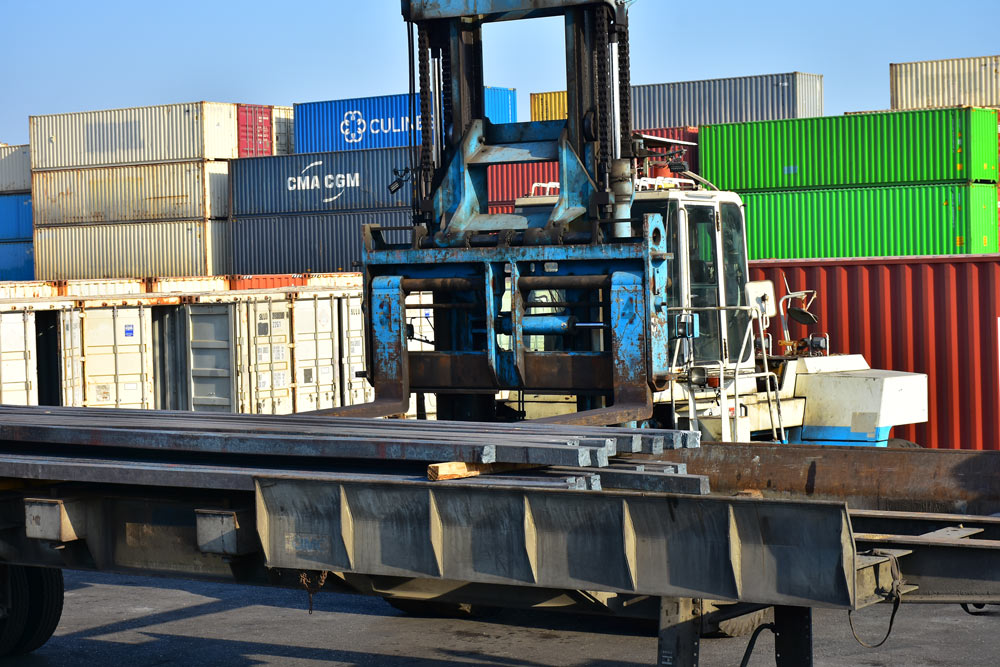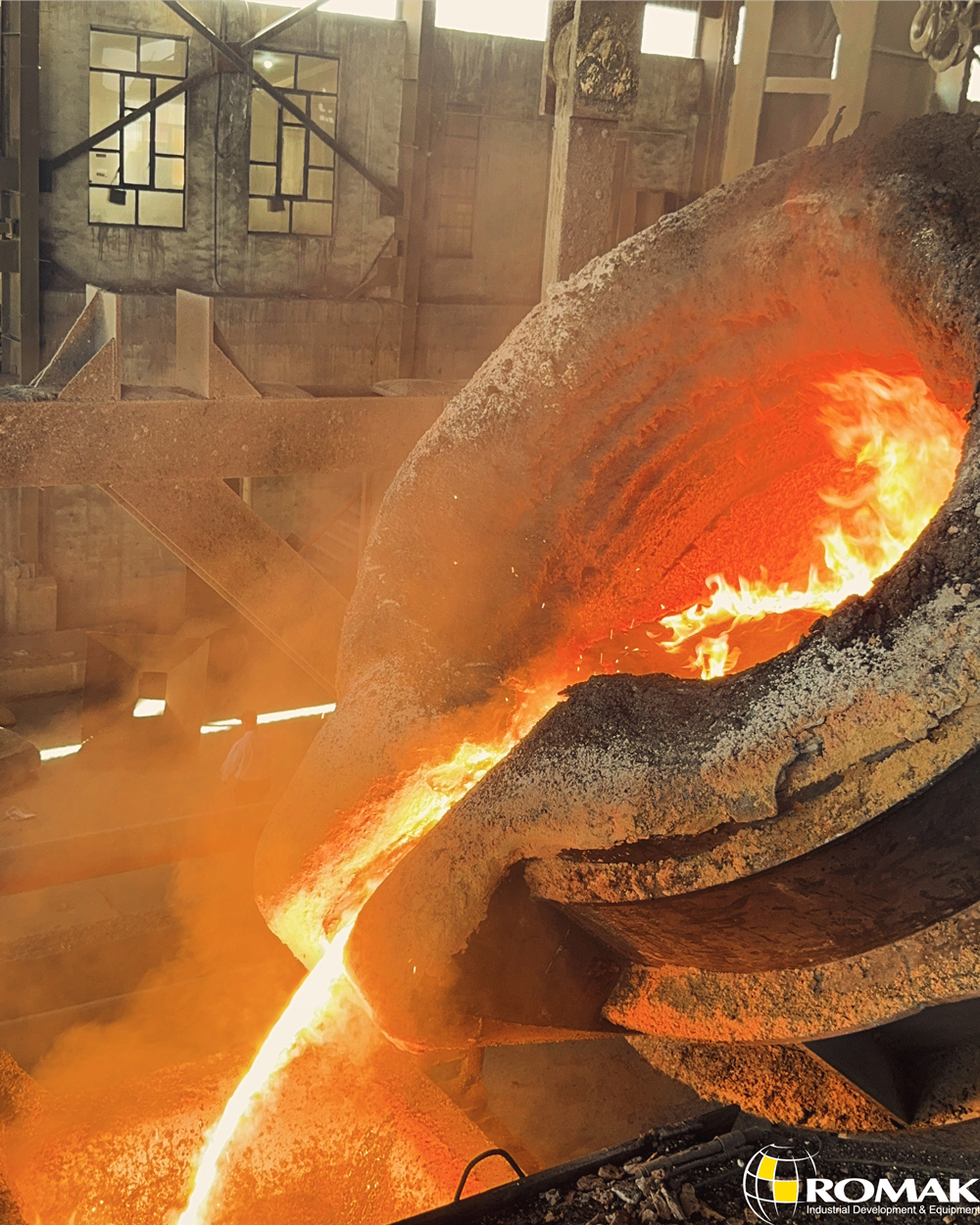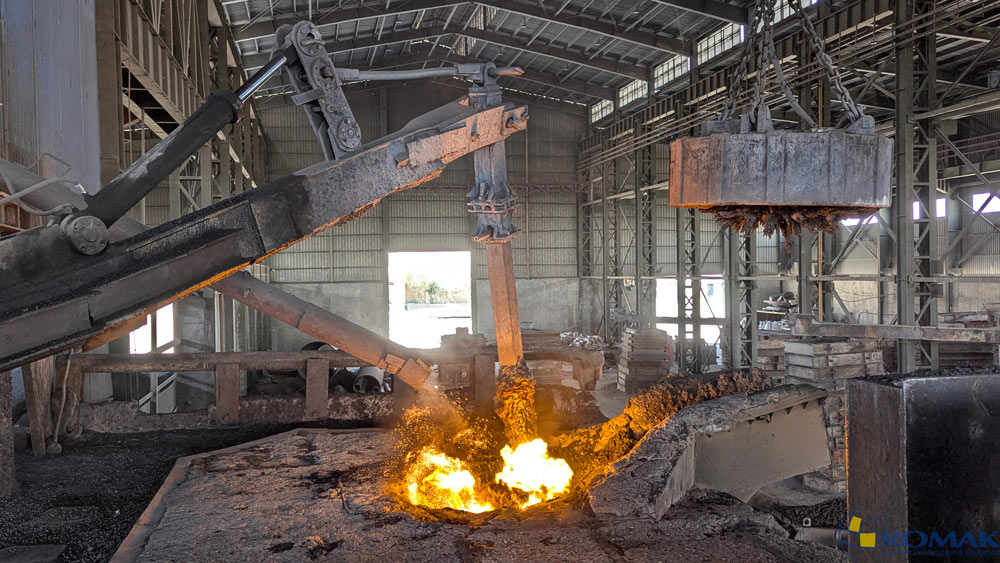Iran Billet: High-Quality Steel for Reliable Industrial Solutions
Steel billets are the backbone of industrial manufacturing, offering exceptional durability and reliability across a wide range of applications. When it comes to sourcing high-quality steel billets, Iran is a leading supplier. Whether you’re looking for billets for construction, automotive, or shipbuilding, Iran billet suppliers deliver top-notch materials at competitive prices. This comprehensive guide will cover everything you need to know about buying steel billets online, their key applications, pricing factors, and how to choose the right Iran billet producer for your needs.
What is a Billet? Understanding its Meaning and Applications
Billets are semi-finished steel products that play a vital role in various industrial applications. These steel materials, often supplied by Iran billet producers, come in a square or rectangular cross-section, making them highly versatile for manufacturing processes. Their smooth and uniform surface ensures easy handling and efficient processing in industries such as construction, automotive, and shipbuilding. But what exactly makes a billet so important? Its precise dimensions and consistent composition make it the perfect raw material for producing rebar, wire rods, and structural steel. Companies worldwide rely on Iran billet suppliers to deliver high-quality billets that meet strict international standards. Whether you’re reinforcing a skyscraper or crafting engine components, Iran billets provide the strength, durability, and reliability needed for demanding projects. Their widespread use highlights their significance in ensuring seamless and efficient industrial processes.
Define Billet: A Key Component in Steel Manufacturing
A billet is a steel product made through continuous casting or rolling. Its uniform composition and high structural integrity make it ideal for producing rebar, wire rods, and structural steel. Iran billet traders specialize in manufacturing billets that meet international standards, ensuring reliability and performance.
Types of Billets: Steel, Aluminum, and Iron
Steel billets are the most common type, but aluminum and iron billets also play significant roles in specialized industries like aerospace and automotive. When choosing materials, consult an experienced Iran billet exporter to ensure the right fit for your project.
| Standards and Grade | Dimension (mm) | Length (mm) | Thickness (mm) | Width (mm) | STEEL GRADE | C | MN | SI | P (Max) | S (Max) | V (Max) | AL (Max) | N (Max) |
|---|---|---|---|---|---|---|---|---|---|---|---|---|---|
Why Choose Steel Billets?
Advantages of Steel Billets in Industrial Applications
Steel billets boast unmatched durability, high tensile strength, and versatility. These characteristics make them indispensable in industries ranging from construction to automotive. Moreover, Iran billet producers offer billets that are cost-effective without compromising on quality.
Steel Billet vs. Ingot: Key Differences
While billets are semi-finished and used for further processing, ingots are larger, rougher blocks. Billets offer better consistency, making them easier to work with for precise applications.
Billet and Bloom: How They Differ
Key Specifications of Steel Billets
Steel Billet Applications Across Industries
Billet of Steel in Construction: Rebar and Structural Steel
Rebar, used for reinforcing concrete structures, is one of the most common products derived from steel billets. Additionally, structural steel components rely heavily on billets for their strength and durability.
Billet in Automotive and Shipbuilding Industries
The automotive sector uses billets to manufacture axles, wheels, and engine components. Meanwhile, shipbuilding demands high-quality billets to withstand harsh marine environments.
Aluminum Billet vs. Steel Billet in Lightweight Applications
For applications requiring reduced weight, aluminum billets are preferred. However, steel billets remain unmatched for their strength-to-weight ratio in heavy-duty applications.
Steel Billet Price Today: Market Trends and Cost Analysis
The price of steel billets fluctuates due to various factors, including raw material costs and market demand.
Want to get the latest price updates from ROMAK TRADING? Contact us !
Factors Affecting Billet Price
Raw material availability, production costs, and global demand directly impact billet prices. Iran billet exporters offer competitive pricing due to efficient production processes.
Regional Price Comparisons: Iran Steel Billet vs. Global Markets
Steel billets from Iran are often priced lower than those from other regions, without sacrificing quality. This cost advantage makes Iran a preferred supplier for international buyers.
Billet Price Today at FOB Ports in Iran
The FOB (Free on Board) pricing at Iranian ports reflects real-time market trends, providing buyers with transparent and competitive rates.
Want to get the latest price updates from ROMAK TRADING? Contact us !
Production Process of Steel Billets
Material Selection for High-Quality Billets
Melting, Casting, and Cooling Processes
How to Buy Iran Billet Online: A Comprehensive Guide
Researching Reliable Suppliers
Start by identifying trustworthy Iran billet suppliers with a strong track record. Look for customer reviews and certifications.
Comparing Billet Prices and Specifications
Compare products based on size, composition, and price. This ensures you get the best value for your investment.
Securing Safe Payment and Reliable Shipping
Opt for secure payment options and choose suppliers that provide reliable logistics to avoid delays or losses.
Why Iran Billets Are a Smart Investment
ROMAK TRADING frequently launches new export tenders, offering excellent opportunities for buyers looking to secure high-quality steel billets at competitive rates. By working with a reliable Iran Billet exporter like ROMAK TRADING, buyers gain direct access to new tenders and price negotiations.
How to Participate in ROMAK TRADING’s Export Tenders
Understand the requirements and procedures needed to participate in ROMAK TRADING’s billet export tenders. First, review the detailed tender documents, which outline product specifications, pricing terms, and delivery conditions. Next, ensure you meet the eligibility criteria, including documentation and compliance with international trade regulations. Then, submit your bid through our secure portal within the specified timeframe, providing any additional information as required. Throughout the process, our dedicated support team remains available to assist you with any inquiries or clarifications, making participation smooth and efficient.
Frequently Asked Questions (FAQ)
Steel billets typically range from 100x100mm to 150x150mm, with lengths of 6 to 12 meters.
Raw material costs, market demand, and production efficiency influence billet prices.
Billets are smaller, semi-finished products, while ingots are larger and rougher.
For lightweight applications, aluminum billets are recommended, while steel billets excel in heavy-duty uses.
Shipping times vary by location but typically range from 2 to 4 weeks.








Leave a Reply
You must be logged in to post a comment.